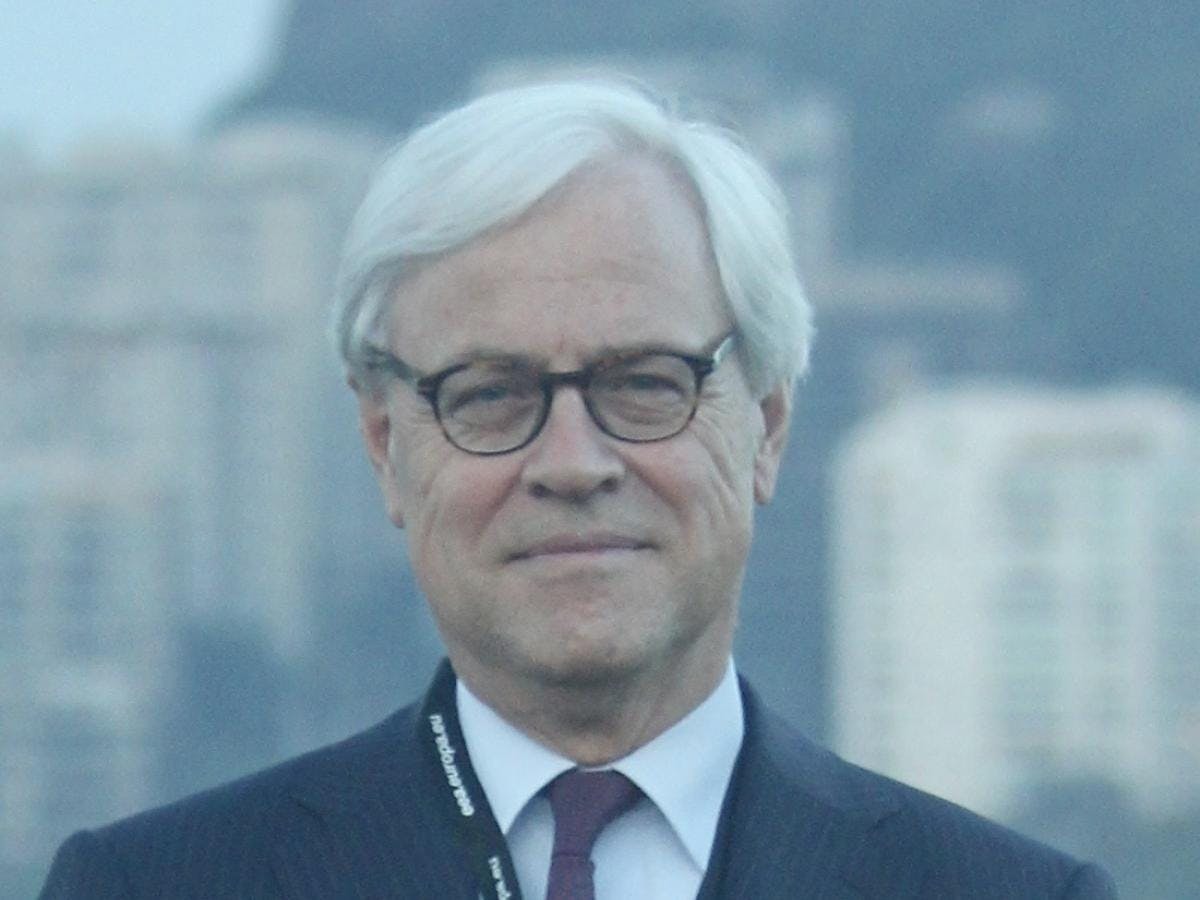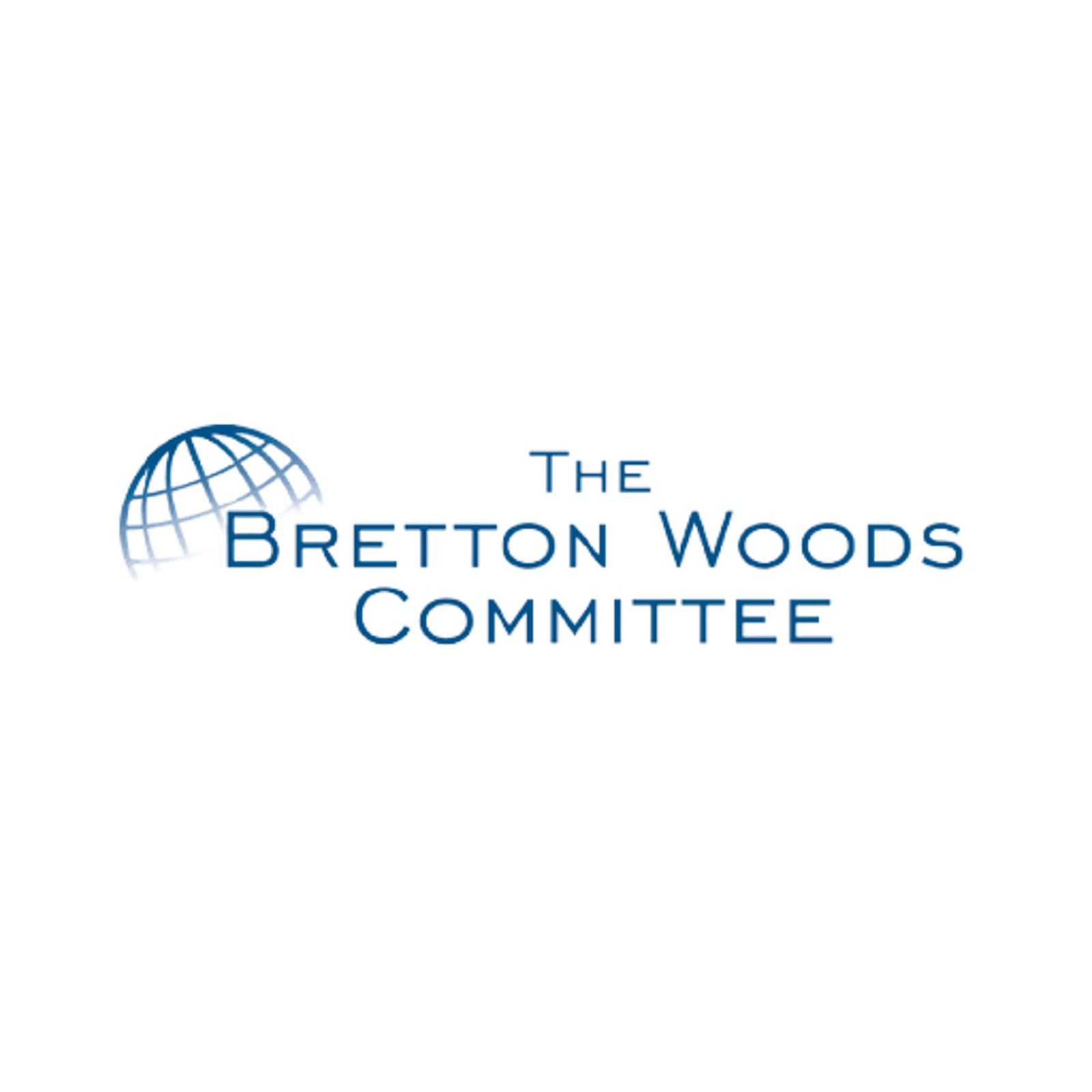CHANGING THE GAME: DÉJÀ VU
In October 2002, IFC and ABN AMRO Bank convened in London the 12 largest project finance banks (including Citibank, Barclays, others) to discuss social and environmental issues in our lending practices with local communities, trade unions, NGO’s. We had 12 different cases in the morning and 1 common cause at the end of the afternoon, resulting in June 2003 into the Equator Principles, based on the IFC Performance Standards on Environmental and Social. A landmark achievement: it was the first voluntary sector agreement among sector industry leaders to raise the values’ bar.
The convening role of IFC and the ability to have its Performance Standards as reference, was crucial for the success of this private financial sector accord.
This year, 20 years later, a similar landmark initiative should be initiated, addressing the urgent issue how the financial sector can be a steward for a better world, with ethical standards, environmental sustainability and social justice worldwide, by fundamentally improving our practice of risk & impact management in the entire financial and non-financial private sector, with a clear focus on values’ based true value creation for all stakeholders with true prices for products and true profits for companies.
ROLE OF FINANCE: MOVING BEYOND ESG, IN SEARCH OF A NEW PURPOSE
We are at an inflection point:
The private financial sector is in search of a new purpose and its role in society, considering its own long-term interest, as well as its duty of care to serve the real economy and the public interest towards a peaceful, fair and thriving society “for generations to come”. It is uniquely placed to credibly offer perspectives and solutions using its knowledge, networks, financial capital mobilization ability, within its regulatory environment.
Playing ESG-defense is just the beginning:
Active embracing of the values-based, “do no harm” ESG-agenda (notably GHG emissions, loss of biodiversity, human rights, illicit money flows) by advising, supporting, even conditioning its customers and investees how to become more resilient and have no undue negative impacts, is an essential, already on-going first step by the financial sector.
Transformation towards a new income model:
However, there is an urgent need for much better by actively creating new “true” value: a fundamental rethink on how to drive a positive transformation by way of a “doing good and well”-opportunity-agenda with a clear mission towards “better business, clients and investees for a better world”. A more macro-prudential risk & impact approach, addressing systemic risks, should prevail over the traditional short term micro-prudential orientation. The 1st Line of Defense (the business line in the banking sector) should be reframed as the business force to contribute to serve, on a profitable basis, the public interest through its customers and investees.
Our economic context is flawed:
This transformation should be seen in the context that our traditional beliefs, mindsets, tools and screens on investing, the economy and our society have become fundamentally flawed in our “age of consequences” (natural resources’ depletion, pollution, climate change, social divides) in which we face a massive markets’ failure: Adam Smith’s “invisible hand” needs brains and a heart.
MAKING THE ECONOMY, CAPITALISM AND MARKETS FIT FOR PURPOSE
Misdirecting our real economy:
GDP as key indicator of economic success is mis-measuring our real economy and, hence, misdirecting our policies and lives, as the sole focus is on economic performance by financial flows, without recognition of “external” factors: issues such as dependency of and/or access to increasingly scarce natural resources, social cohesion, human dignity & skills, any negative impacts we cause, contribute to or incur, such as climate change, pollution, loss of biodiversity.
Misusing our natural resources:
We are living and doing business well beyond our planetary boundaries, which is unsustainable: “net zero” is only stabilizing the patient, we need to move to “net positive”: to repair and regenerate. We are leveraging our financial, natural, and social balance sheets. We are mortgaging the future of next generations.
Mispricing our assets:
Our market economy is dysfunctional, with markets not being efficient, not only because of too much and too long monetary and fiscal stimuli during the last couple of years, but, even more, because of lack the right performance and valuation information, disciplines, and disclosures. We are mis-pricing long term risks, and our asset valuations are misleading as the costs and returns of increasingly scarce types of other than financial capital (i.e. Natural, Social, Human) are not considered, let alone reported and verified.
Stakeholder capitalism at the core:
Business’ long-term self-interest and the expectation, even imperative of responsible business conduct (by international agreements and many national jurisdictions) implies much stronger due diligence and duty of care in its entire value chain (“Scope 1, 2, and 3”), addressing the traditional, material “outside-in” financial risks as well as, equally, material “inside-out” impacts on stakeholders and wider society. Active stakeholder engagement (“what matters to whom”) is important, including in governance. “Impact Weighted Accounts” should be a key feature of investment analysis and corporate reporting (www.impacteconomyfoundation.org).
Green transformation scaling and accelerating:
The Net Zero GHG emission targets and other green policies and initiatives are only the beginning of a much needed, more systemic transformation in our economies and societies, all related to sustainability. The big challenge hereby is to address global issues (climate, biodiversity, public health) in a fragmenting world on a global basis, effectively and fairly.
Internalizing externalities:
We are offloading many social and environmental costs in the value chain of a product on others than the end-user of such products: true pricing (www.trueprice.org) should become a generally accepted, principles’ -based approach by internalizing such externalities and reflecting these in end-prices (without necessarily being higher).
Adjusting to post-pandemic world:
The COVID-related monetary and fiscal stimuli were initially justified as rescue-funds to maintain relative economic and social stability, but prolonged too long and by too much, it may have seriously destabilizing effects, exacerbating the markets’ failure.
OUR COMMON AGENDA: THE SDGS BEYOND 2030
UN-SG has called in his 2021 Report “Our Common Agenda” for renewed solidarity between peoples and future generations and proposes a 2023 “Summit of the Future”, including drafting a follow-up of the Sustainable Development Goals post 2030. The IFI’s can make a very important and tangible contribution by rethinking, redrafting, and recommending the outlines for a new economy, together with leading actors of the financial sector.

